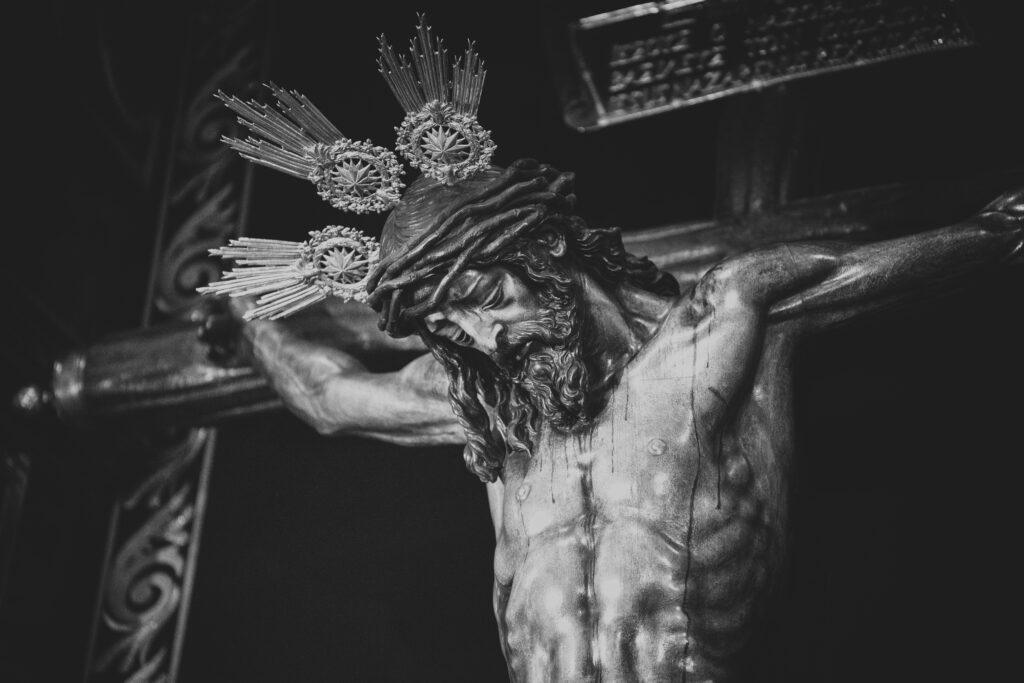How Can Synodality in the Church Be Made Concrete?
The Way of Being of Communion

Father Jairo Yate, Investigating Judge in the Diocese of Ibagué, Colombia, explains how synodality can be made concrete in the Church.
What Is the Proposal?
Claretian Father Carlos Martínez Oliveras suggests thinking on the following statement: It’s the way of living in the Church, the way of being, which is communion. The Church is a communion.
Synodality is also expressed in the way of acting, which at the bottom is service, that inverted pyramid of which Pope Francis speaks and that sees every ministry exist as a task of service.
It’s the way of celebrating the Mass because there is a direct connection between synodality and the Eucharist.
It’s the way of proclaiming: the missionary community that is molded by synodality to give witness in the world.
Synodality is an experience of the spirit, a Kayros, a time of grace of the Church so that, from the mutual listening of all the People of God, an appropriate discernment can be made to live the communion and to take the proper decisions that give way to a better mission and better witness of the Church in the whole world.
A Church That Must Be Communion
The foundation for our reflection is found in the Book of the Acts of the Apostles. The sacred Book says: In the primitive community of Jerusalem, the disciples “devoted themselves to the Apostles’ teaching and fellowship, to the breaking of bread and the prayers” (Acts 2:42).
According to the Catechism of the Catholic Church, to think of a Church in communion implies the following affirmations:
Communion in the faith. The faith of the faithful is the faith of the Church received from the Apostles, treasure of life that is enriched when it is shared.
The communion of the Sacraments. The fruit of all the Sacraments belongs to all, because the Sacraments, and above all Baptism, which is like a door through which men enter in the Church, are further sacred links that unite all and link them to Jesus Christ.
The communion of charisms: In the communion of the Church, the Holy Spirit “distributes special graces among the faithful” for the upbuilding of the Church. ”To each is given the manifestation of the Spirit for the common good” (1 Corinthians 12:7).
“They had everything in common” (Acts 4:32): “Everything a true Christian possesses he must consider as a common good with others and he must be willing and diligent in helping the needy and the poverty of his neighbor.”
The communion of charity: In the communion of saints, “none of us lives to himself, and none of us dies to himself” (Romans 14:7). “If one member suffers, all the others suffer with him. If one member is honored, all the others take part in his joy. “Charity does not look to its own interest.”
The three states of the Church. “Until the Lord comes in His splendor with all His Angels and, having destroyed death has everything subjected to Him, some of His disciples are pilgrimaging on earth; others, already deceased, are being purified, whereas others are glorified, contemplating ‘clearly God Himself, One and Triune, as He is.’”
Communion with the Saints “We do not venerate the memory of those of Heaven only as our models, but, above all, so that the union of the whole Church in the Spirit is reinforced by the practice of fraternal love.”
Communion with the deceased. It is a holy and pious idea to pray for the dead so that they are freed from their sins” (2 Maccabees 12:46; cf. Catechism of the Catholic Church, 949-958).
Communion Is Achieve by Overcoming Hypocrisy with Love, Says Pope Francis
In the General Audience of August 21, 2019, the Holy Father said: “The Christian community is born of the effusion of the Holy Spirit and it grows when it shares what it has with others.” “The community, or koinonia, thus becomes the new way of relationship between the Lord’s disciples.”
“Christians experience a new way of being among themselves, of behaving. And it’s the Christian way itself, to the point that all the pagans looked at the Christians and said: ‘See how they love one another!’ Love was the way, but not love of words, not false love, but the love of works, of helping one another, concrete love, the concretion of love.”
When we go to Communion we say ‘we communicate with each other,’ we enter in communion with Jesus, and from this communion with Jesus, we attain communion with brothers and sisters.
If we want to be good Christians, we must let the conversation reach our pockets, it is there that one sees if we are generous with others, without staying in <mere> words, but doing the gestures of a good conversion.
“Eucharistic life, prayers, the Apostles’ preaching and the experience of communion make of believers a multitude of people that have ‘only one heart and only one soul’ and who do not consider that what they have is their property, but they hold everything in common.”
“A concrete example of sharing and of communion of goods comes to us from Barnabas’ witness: he owns a field and sells it to give the proceeds to the Apostles.”
Translation by Virginia M. Forrester
Related

Christian Leadership in Business: A Model of Humility, Justice, and Solidarity
Javier Ferrer García
10 April, 2025
3 min

Guiding Our Decisions with God’s Will in Daily Life
Patricia Jiménez Ramírez
10 April, 2025
4 min

What are you going to do with your life?
Luis Herrera Campo
10 April, 2025
2 min

Dying to Self, Being Born to Love
Luis Herrera Campo
09 April, 2025
2 min
 (EN)
(EN)
 (ES)
(ES)
 (IT)
(IT)

